Abed Younis, a native of Ara Village near Haifa City, Israel, initially planned a brief stay on Saipan in the early 1970s. However, destiny had other plans, as he not only extended his visit indefinitely but also became a vocal advocate for the local community’s causes.
Younis, a graduate of the Bet Salel Academy of Arts, embarked on a journey that led him from his artistic pursuits in Israel to the shores of Saipan. His expertise in graphics art, coupled with proficiency in Hebrew, Arabic, and English, caught the attention of the National Television Station, diverting him from his original atelier ambitions.
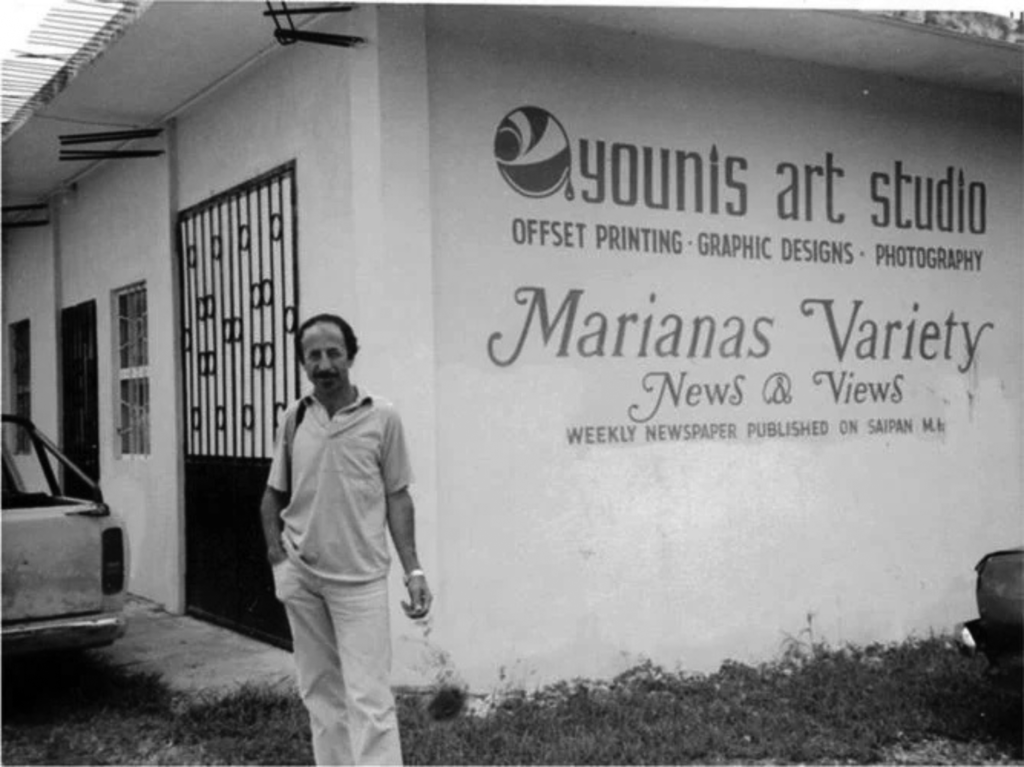
After a cultural scholarship took him to Japan in 1970, Younis immersed himself in Japanese culture and returned to Saipan via Guam, where he intended only a short stay. Yet, fate intervened, and he established the Younis Art Studio in Susupe, eventually taking over Marianas Star, which evolved into Marianas Variety, debuting on March 16, 1972.
In an illuminating 1997 interview with Howard Willens and Deanne Siemer, Younis recounted the newspaper’s humble beginnings and its role in shaping political engagement during the crucial Marinas Political Status Negotiations of the 1970s.
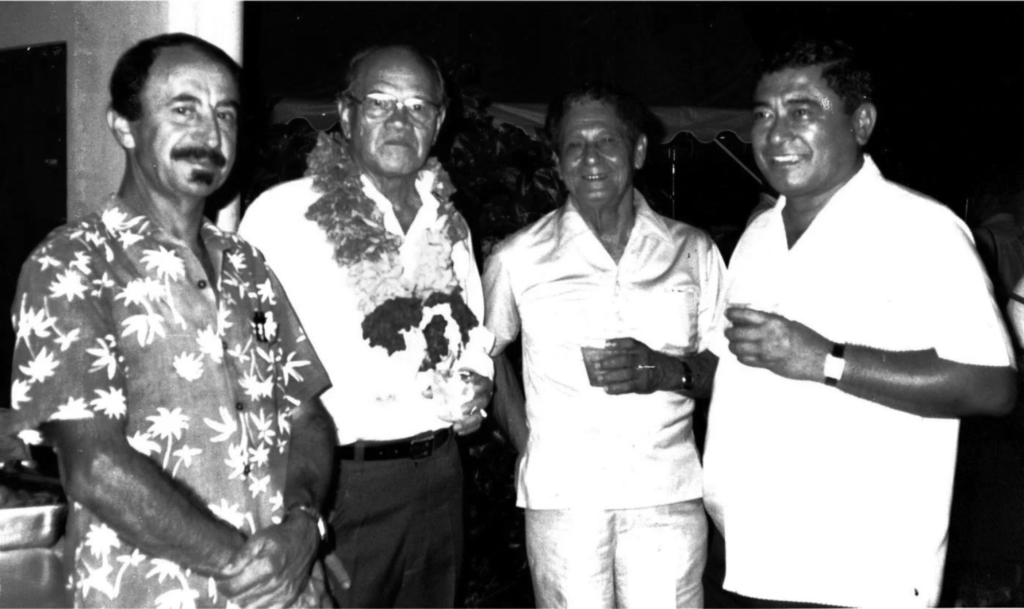
Younis, fluent in Arabic, Hebrew, and English, navigated the challenges of running a newspaper amid the political divide between the Territorial and Popular parties. He described the Territorial Party as more open to engagement, while the Popular Party, with its conservative stance, criticized Variety extensively.
During the early 1970s, Variety played a pivotal role in covering the political climate surrounding the Trust Territory and the subsequent negotiations. Younis documented the community’s displeasure, capturing images of Popular Party leaders burning the Trust Territory building and its code.
Despite the closed-door nature of the negotiations, Variety sought information diligently, providing insight into the proceedings. Younis expressed disappointment at the lack of an interview with the U.S. negotiating team but emphasized the newspaper’s commitment to informing the public about the process.
As the Micronesian islands navigated towards self-determination, Younis supported the unity of the Micronesian states. However, the eventual breakup saw Chuuk negotiating with the Russians, and the Marshall Islands and Palau choosing separate paths.
The culmination of these negotiations resulted in the Covenant, with concerns about the plebiscite ballot’s wording. As the Covenant gained support, Younis highlighted the crucial role local leaders played in guiding the community.
The CNMI Constitution, a product of the Covenant’s approval, addressed various issues, including land alienation and recognition of individuals of Northern Marianas descent. Younis believed that translating the Constitution into Chamorro and Carolinian brought pride to the local community.
More than 50 years after leaving Israel, Abed Younis passed away in the CNMI, leaving behind a legacy as the revered publisher of Micronesia’s longest-running locally owned newspaper. His life’s work chronicled the ebb and flow of the Commonwealth’s history, marking a remarkable journey from an artist to an influential advocate and chronicler.



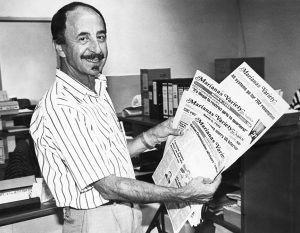
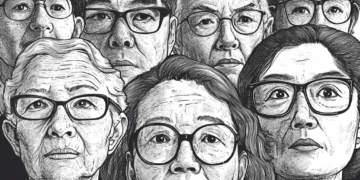

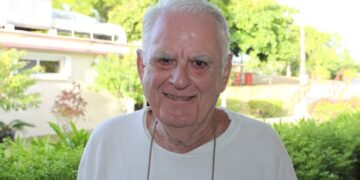

![An 1899 Puck Magazine cartoon shows Uncle Sam lecturing four children labelled Philippines (who appears similar to Philippine leader Emilio Aguinaldo), Hawaii, Porto[sic] Rico and Cuba in front of children holding books labelled with various U.S. states. In the background are an American Indian holding a book upside down, a Chinese boy at the door and a black boy cleaning a window.](https://houseoftaga.com/wp-content/uploads/2024/02/School_Begins_Puck_Magazine_1-25-1899-360x180.jpg)
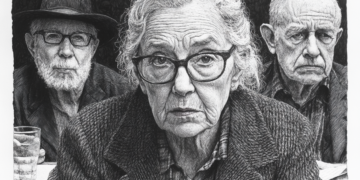



Discussion about this post